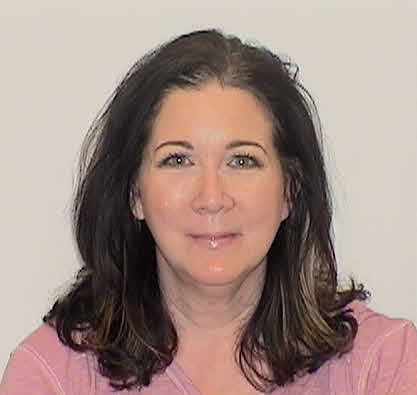Schinthia Islam
MS in Forensic Behavioral Science, Online Campus
California School of Forensic Studies
Schinthia Islam always had an interest in forensics, but it took time before she turned that into a career. She studied chemical engineering and biochemistry at the University of Nevada in Reno followed by a master’s in biomedical engineering at Cornell University. This led to working as a training specialist at HeartFlow, a biomedical device company in the San Francisco Bay Area. Schinthia loved the company and the people but after seven years and a relocation to Sacramento with her husband, it was time for a career change. She started exploring her options during the pandemic and came across the California School of Forensic Studies (CSFS) at Alliant International University. The fact that they offered an online master’s in forensic behavioral science program was perfect for her life structure at that time, so she took the leap.
Schinthia is not ashamed to admit she watches a lot of true crime documentaries, but one, the story of Gabriel Fernandez who was in a very severe child abuse situation that led to his murder, really motivated her to pursue forensics. “Just thinking about children in those types of abusive situations reminded me of how important a role school life can play in the safety of children. The story of Columbine also really stayed with me over the years and between that and different crime documentaries about child abuse, child endangerment, and child trafficking it just makes you want to do something about it. I felt like the Alliant program would help give me more knowledge and understanding of how to make a positive impact and do something about those horrific situations.”
Schinthia focused on the forensic victimology concentration during her master’s program and was very interested in the threat assessments aspect. She realized this was an important takeaway that she could use to play a role in school safety. Although she is still exploring career options in this area, she is currently the office manager at her children's school where she’s been able to bring her knowledge from the program to the table, especially working on their school safety planning committee.
Schinthia also liked the CSFS faculty. “I appreciated each professor bringing their life experience into the courses. I found that to be the best way to shape my end view of what they've taught me, especially if it's something that has helped them in their career. I really enjoyed Dr. Kenneth Carr’s classes because he's had such an expansive work experience in law enforcement and the prison systems. I found that very exciting and interesting and appreciated how his views shaped his academic career.”
Working in today’s school systems naturally brings up the topic of threat assessment and prevention related to school shootings. Schinthia believes there is still a lot of work to be done in changing the structure of how students are evaluated with regards to mental health and hopes to be a part of that process. “Just going through this program, I feel much better informed and almost at ease that this information is out there to train teachers and equip them with what to look for in students. We don’t have a universal training in that just yet but it's getting there and being a part of that movement is great.”
Learning about the behavioral science evaluation tools in this field offered Schinthia a different perspective from her data-driven background. It also demonstrated the need to create tools that are validated for diverse populations. “We learned that a lot of the behavioral assessment tools were validated on white male prisoners so when you apply it to women, or African Americans, or Muslims, it doesn't always translate. Being a Muslim person myself I'm acutely aware of how some things may not accurately represent myself or my community. I appreciated that element of the coursework and the emphasis on diversity and how different populations were being represented in the research.”
Between her program, the faculty, and the post-graduate work opportunities, Schinthia credits Alliant with giving her the training and tools she needs for a career where she can truly make a difference. “The master’s program in forensic behavioral science at Alliant really expanded my worldview of forensic science, criminology, and the challenges that people face in their lives whether they are victims, criminals, prisoners, or law enforcement personnel. My understanding of these different roles in our society has greatly increased going through this program because it gave me a better perspective on how people find themselves in these situations. Learning about other people's stories and challenges also makes me a more sympathetic person and I appreciated that aspect.”
Reviewed by: Bryan Mackay, California School of Management and Leadership, Director of Marketing





